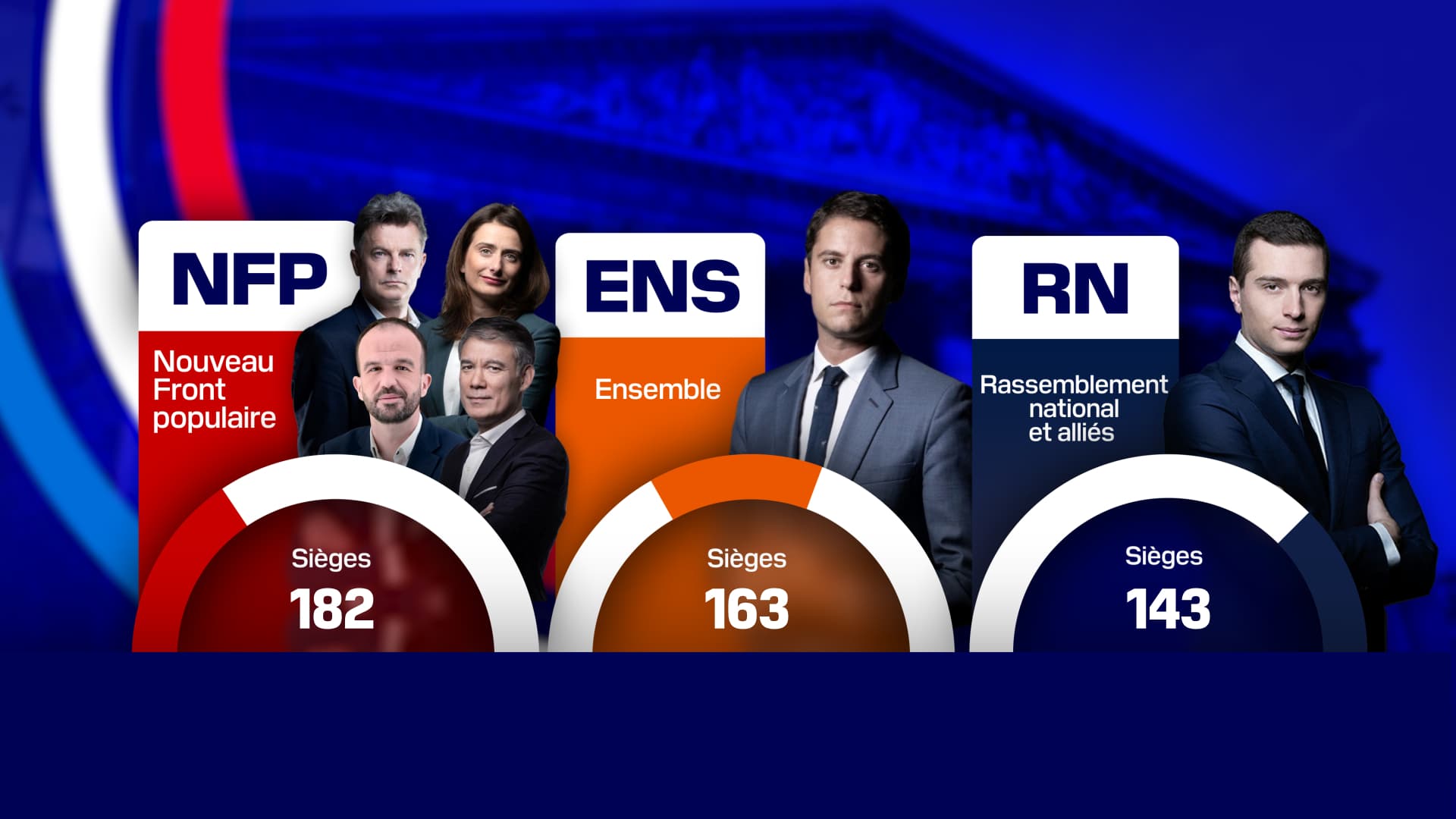Class-Action Lawsuit Alleges Epic Games Engaged In Deceptive Practices In Fortnite

Table of Contents
Key Allegations of the Fortnite Deceptive Practices Lawsuit
The Fortnite deceptive practices lawsuit centers around several key allegations regarding Epic Games' monetization strategies. The plaintiffs argue that these strategies are not only unfair but also deliberately manipulative, preying on the psychological vulnerabilities of players, especially children.
-
Manipulative Loot Boxes and Odds: The lawsuit alleges that Fortnite's loot boxes, which offer random in-game items, are designed to be psychologically addictive. The odds of obtaining valuable items are deliberately obscured, encouraging players to spend more money in the hope of receiving rare rewards. This is further amplified by the psychological impact of near-misses, where players come close to receiving a desired item, encouraging continued spending. The suit highlights the significant impact of these mechanics on children, whose developing brains are particularly susceptible to these persuasive techniques.
-
Deceptive Marketing Tactics: The plaintiffs claim Epic Games utilizes deceptive marketing tactics to promote in-app purchases. This includes misleading representations of item value and rarity, creating a false sense of urgency and exclusivity around limited-time offers. Specific examples cited in the lawsuit include misleading promotional videos and in-game advertisements that exaggerate the value or rarity of certain items.
-
Pressure Tactics and Aggressive Monetization: The lawsuit accuses Epic Games of employing pressure tactics and aggressive monetization strategies to target vulnerable players. This includes persistent in-game prompts and notifications encouraging purchases, often timed to coincide with moments of intense gameplay or emotional investment. These tactics, the suit argues, are particularly effective on children and individuals with gambling tendencies, who may be less capable of resisting these persuasive influences.
-
Exploitation of Psychological Vulnerabilities: A central argument of the Fortnite deceptive practices lawsuit is that Epic Games knowingly exploited psychological vulnerabilities in players to maximize revenue. The lawsuit points to research on addiction and compulsive spending, arguing that Fortnite's design features are intended to trigger these behaviors and drive excessive spending.
Impact on Players and the Gaming Industry
The potential consequences of this Fortnite deceptive practices lawsuit are far-reaching, impacting both players and the broader gaming industry.
-
Potential Financial Compensation: If successful, the lawsuit could result in significant financial compensation for affected players. The class-action process will determine eligibility, with potentially millions of players included.
-
Influence on Game Design and Monetization: Regardless of the outcome, the lawsuit is likely to significantly influence future game design and monetization strategies. It could lead to increased regulation of loot boxes and in-app purchases, pushing developers to adopt more transparent and ethical practices. Increased scrutiny on the psychological impact of game design is almost certain.
-
Impact on Epic Games' Reputation: The lawsuit has already negatively impacted Epic Games' reputation and brand image. The long-term effects on player trust and future revenue remain to be seen. Damage to their brand image could affect future game releases and partnerships.
-
Wider Implications for Responsible Gaming: The lawsuit contributes to the ongoing debate surrounding responsible gaming and the protection of vulnerable players. It raises questions about industry self-regulation versus government intervention, potentially leading to stricter regulations and greater oversight of in-game purchases.
Similar Lawsuits and Precedents
The Fortnite deceptive practices lawsuit is not an isolated incident. Several similar legal actions have been filed against game developers in recent years.
-
Previous Loot Box Lawsuits: Numerous lawsuits have targeted loot boxes and other in-game monetization methods, with varying outcomes. These precedents provide valuable context for understanding the legal arguments and potential outcomes of the Fortnite case. Analyzing previous cases will determine the likelihood of success for the current lawsuit.
-
Legal Analysis and Regulations: The lawsuit’s arguments are based on relevant laws and regulations concerning deceptive trade practices, consumer protection, and the exploitation of minors. Legal experts will analyze the strength of these arguments and the precedent set by similar cases.
-
Legal Precedent: The outcome of this case could establish significant legal precedent for future lawsuits targeting in-game monetization strategies, potentially setting new standards for transparency and ethical game design practices.
Epic Games' Response to the Lawsuit
Epic Games has responded to the allegations, although the specifics of their legal strategy are still evolving.
-
Official Statement: Epic Games has released an official statement addressing the lawsuit, although the details of their public communication strategy are subject to the ongoing legal proceedings.
-
Legal Strategy: Epic Games' legal team is likely to present arguments challenging the claims, potentially focusing on terms of service agreements and industry standards. The intricacies of their defense strategy remain to be seen.
-
Evidence and Defense: The strength of Epic Games' defense will depend on the evidence they present to counter the allegations of deceptive practices.
Conclusion
The Fortnite deceptive practices lawsuit raises critical questions about the ethical implications of in-game monetization strategies and their impact on players, particularly children. The allegations of manipulative loot boxes, deceptive marketing, and pressure tactics highlight the potential for exploitation within the gaming industry. The outcome of this lawsuit will significantly impact the future of game design, potentially leading to increased regulation, greater transparency, and a shift towards more responsible gaming practices. Stay informed about this Fortnite deceptive practices lawsuit and its developments to understand the implications for the gaming industry and the future of in-app purchases. Further research into similar cases and industry self-regulation efforts is crucial to navigating this complex issue.

Featured Posts
-
 Australian Government Responds To Growing Number Of Chinese Ships Spotted Near Sydney
May 03, 2025
Australian Government Responds To Growing Number Of Chinese Ships Spotted Near Sydney
May 03, 2025 -
 City Of Tulsa Deploys 66 Salt Trucks For Winter Storms
May 03, 2025
City Of Tulsa Deploys 66 Salt Trucks For Winter Storms
May 03, 2025 -
 Mental Health Literacy Education A Path To Better Wellbeing
May 03, 2025
Mental Health Literacy Education A Path To Better Wellbeing
May 03, 2025 -
 The Lingering Threat Toxic Chemicals From Ohio Train Derailment Remain In Buildings
May 03, 2025
The Lingering Threat Toxic Chemicals From Ohio Train Derailment Remain In Buildings
May 03, 2025 -
 La Nouvelle Loi Sur Les Partis En Algerie Positions Du Pt Ffs Rcd Et Jil Jadid
May 03, 2025
La Nouvelle Loi Sur Les Partis En Algerie Positions Du Pt Ffs Rcd Et Jil Jadid
May 03, 2025
